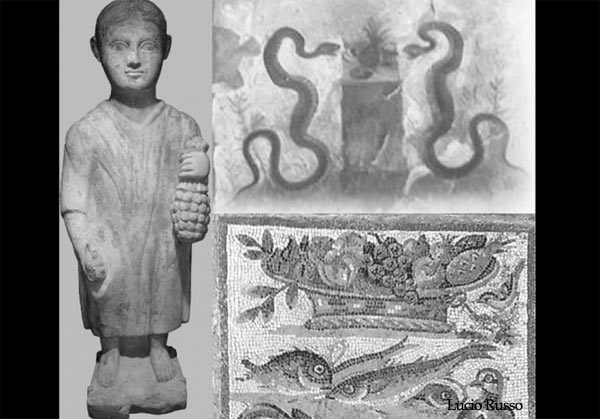A new book by Italian physicist and philologist Lucio Russo presents the controversial claim that the the ancient Greeks discovered America long before Christopher Columbus set foot on American soil in 1492.
Russo, who currently teaches probability at Tor Vergata University in Rome, says the main reason researchers think America was not known to the ancient Greeks is not due to lack of evidence , but to scientific dogma. Once a perspective has been accepted almost everywhere in the world and written with certainty in the history books, it is very difficult to convince the “establishment” to accept an alternative perspective.
The book presents a wealth of evidence pointing to the ancient Greeks as the first discoverers. The Greeks were, among other things, the only civilization capable of understanding that the Earth was round – an understanding that was later lost.
But if it was the Greeks who discovered America, how could people have forgotten this continent? The error, according to the author, is mainly due to Ptolemy, who developed a world map finding a midpoint between the claims of various ancient sources.
The key problem is the identification of the Fortunate Islands, which the ancient Greeks sometimes called the Canary Islands (near the west coast of Africa). But the Greeks were actually referring to the West Indies, according to Russo. The misunderstanding was due to the disbelief of the Romans and other post-Greek peoples and their inability to navigate the oceans. Ptolemy missed the latitude of the Canary Islands by 15 degrees latitude, causing them to appear on the map where the West Indies should be.
According to Russo, scientists and philologists enthusiastically welcomed this new perspective, while geographers and historians had a harder time digesting the possibility that Columbus’ epic voyage had already taken place before.


